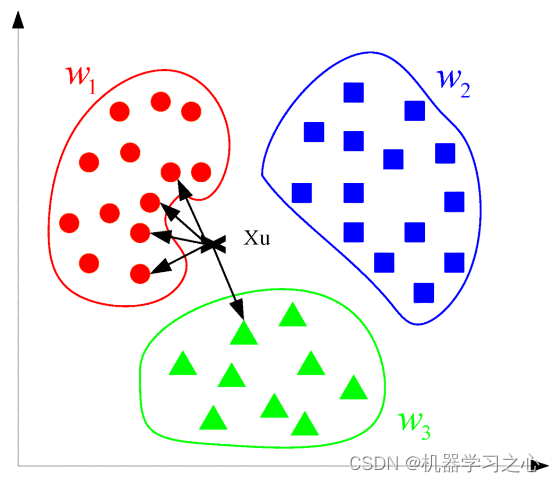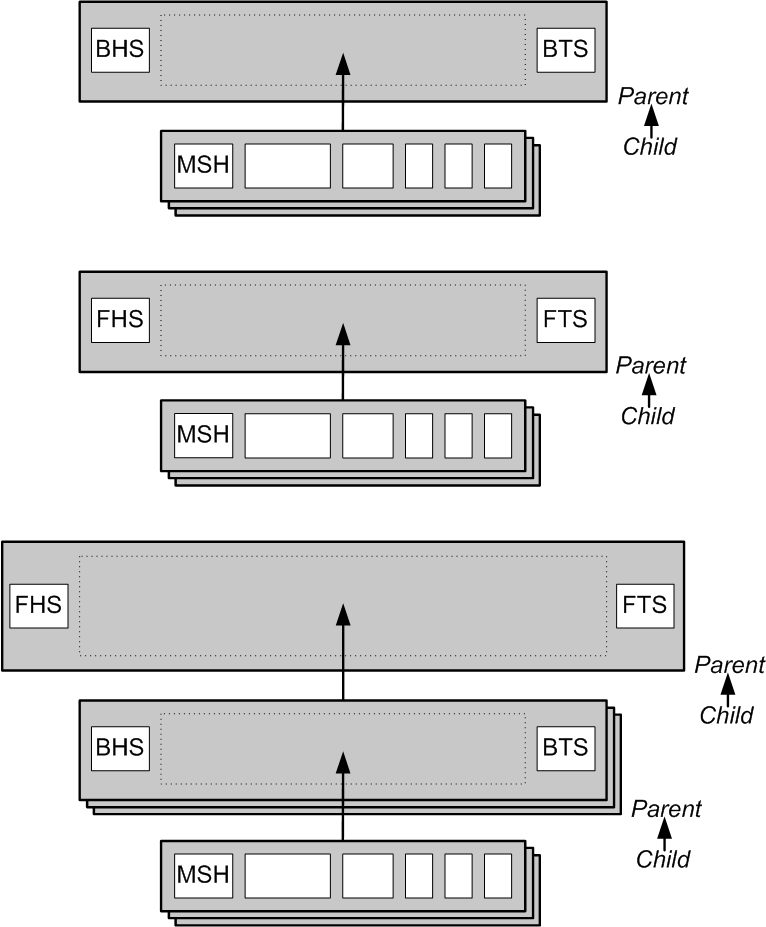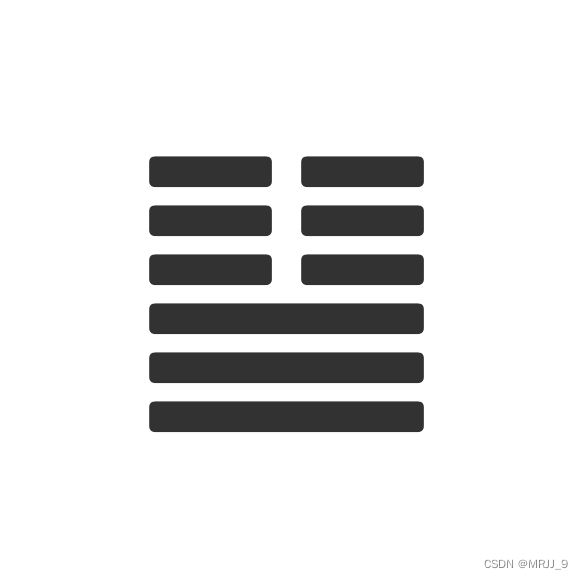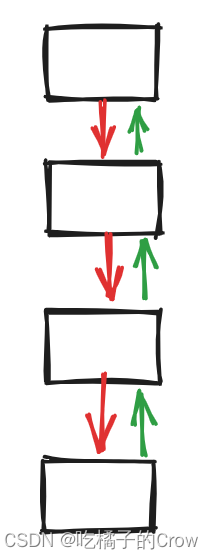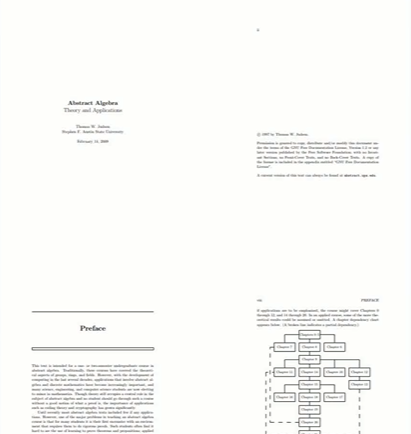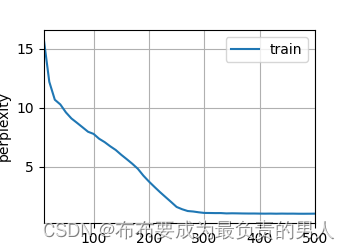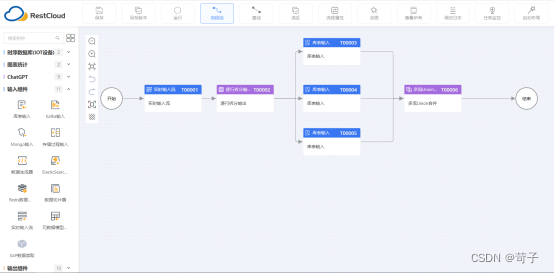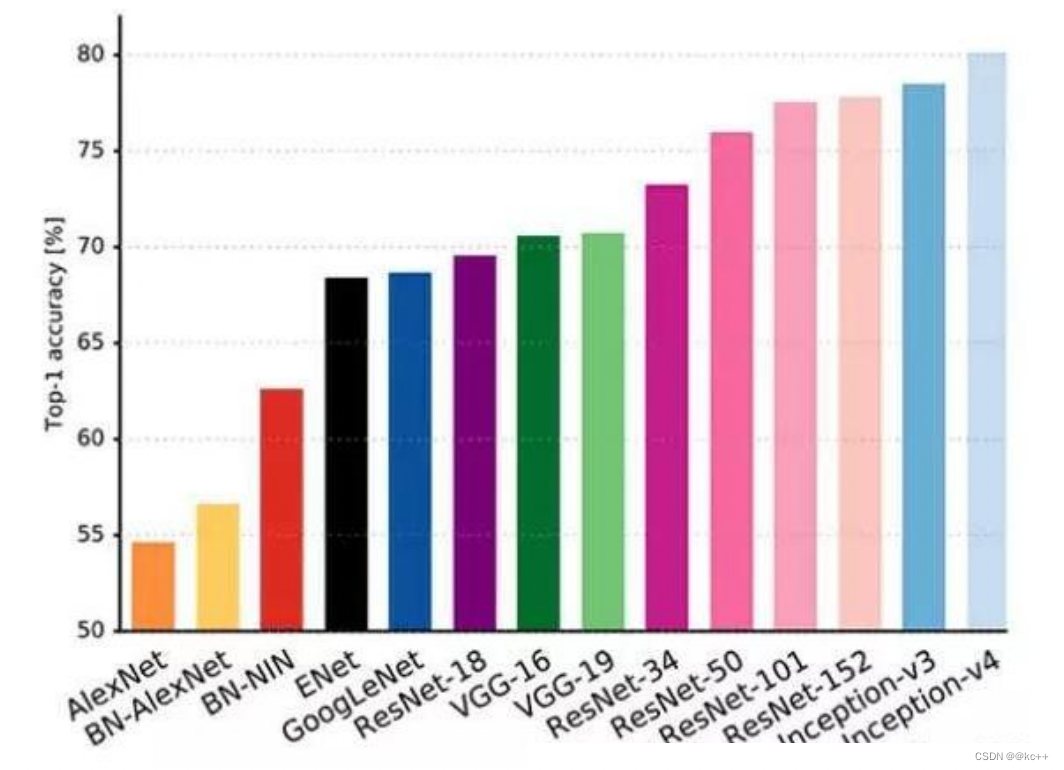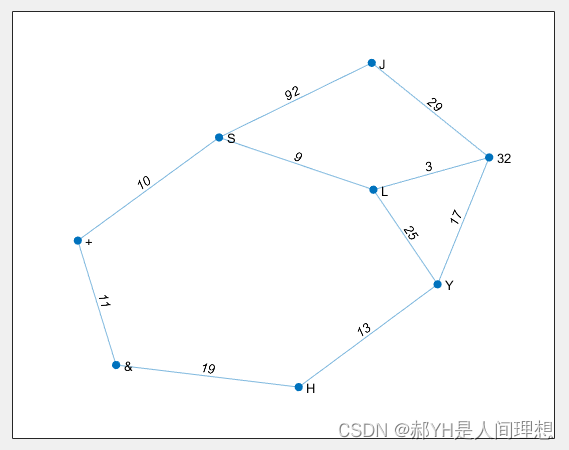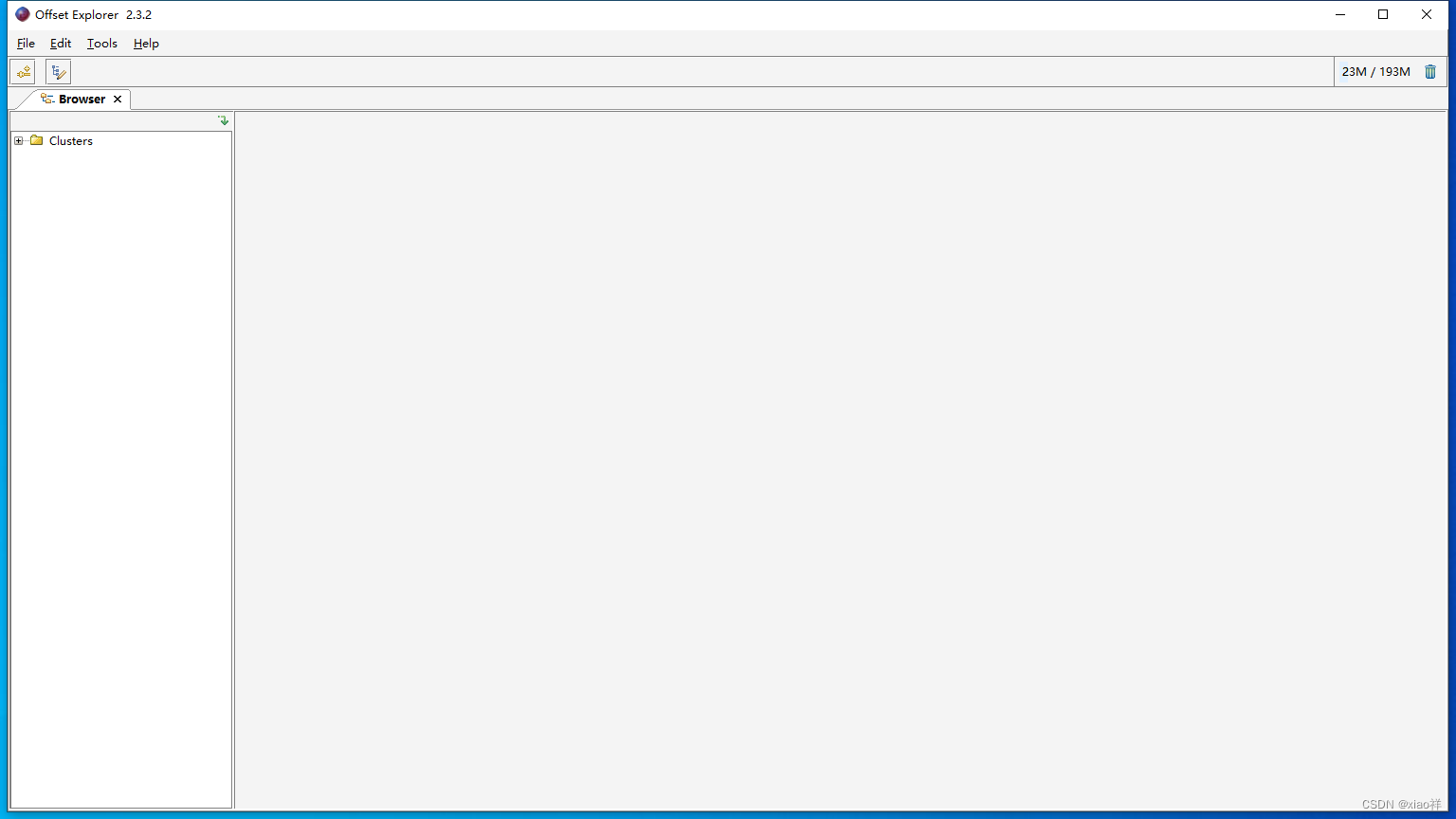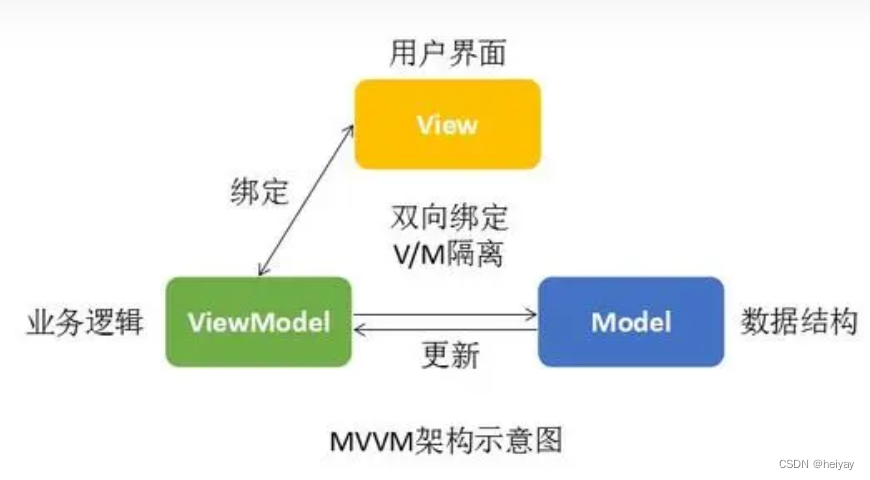💥💥💞💞欢迎来到本博客❤️❤️💥💥
🏆博主优势:🌞🌞🌞博客内容尽量做到思维缜密,逻辑清晰,为了方便读者。
⛳️座右铭:行百里者,半于九十。
📋📋📋本文目录如下:🎁🎁🎁
目录
💥1 概述
📚2 运行结果
🎉3 参考文献
🌈4 Matlab代码实现
💥1 概述
文献来源:

克隆(复制-移动伪造)是一种恶意篡改数字图像的攻击,其中图像的一部分被复制并粘贴到图像内部,以隐藏图像的重要细节,而不留下明显的篡改痕迹。这种篡改攻击给图像的真实性带来了很大的质疑,需要进行取证。在强大的图像处理软件开发后,过去几年中提出了许多技术。所提出的方案涉及基于块和基于特征点提取的技术,以更准确地提取伪造区域。所提出的算法主要涉及计算每个块中提取的相同特征的触角之间的点积,以匹配它们。使用随机抽样一致性(RANSAC)算法提取匹配的区域。所提出的算法的实验结果表明,与现有的伪造检测方法相比,它能够提取更准确的结果。
Abstract:
Cloning (copy-move forgery) is a malicious tampering attack with digital images where a part of image is copied and pasted within the image to conceal the important details of image without any obvious traces of manipulation. This type of tampering attacks leaves a big question of authenticity of images to the forensics. Many techniques are proposed in the past few years after powerful software's are developed to manipulate the image. The proposed scheme is involved with both the block based and feature point extraction based techniques to extract the forged regions more accurately. The proposed algorithm mainly involves in matching the tentacles of same features extracted from each block by computing the dot product between the unit vectors. Random Sample Consensus (RANSAC) algorithm is used to extract the matched regions. The experimental result of the algorithm which is proposed indicates that, it can extract more accurate results compared with existing forgery detection methods.
📚2 运行结果
clc;
close all;
clear all;
X=imread('cat.jpg'); %图片可以换成自己的[c,s]=wavedec2(X,4,'haar');
[H1,V1,D1] = detcoef2('all',c,s,1);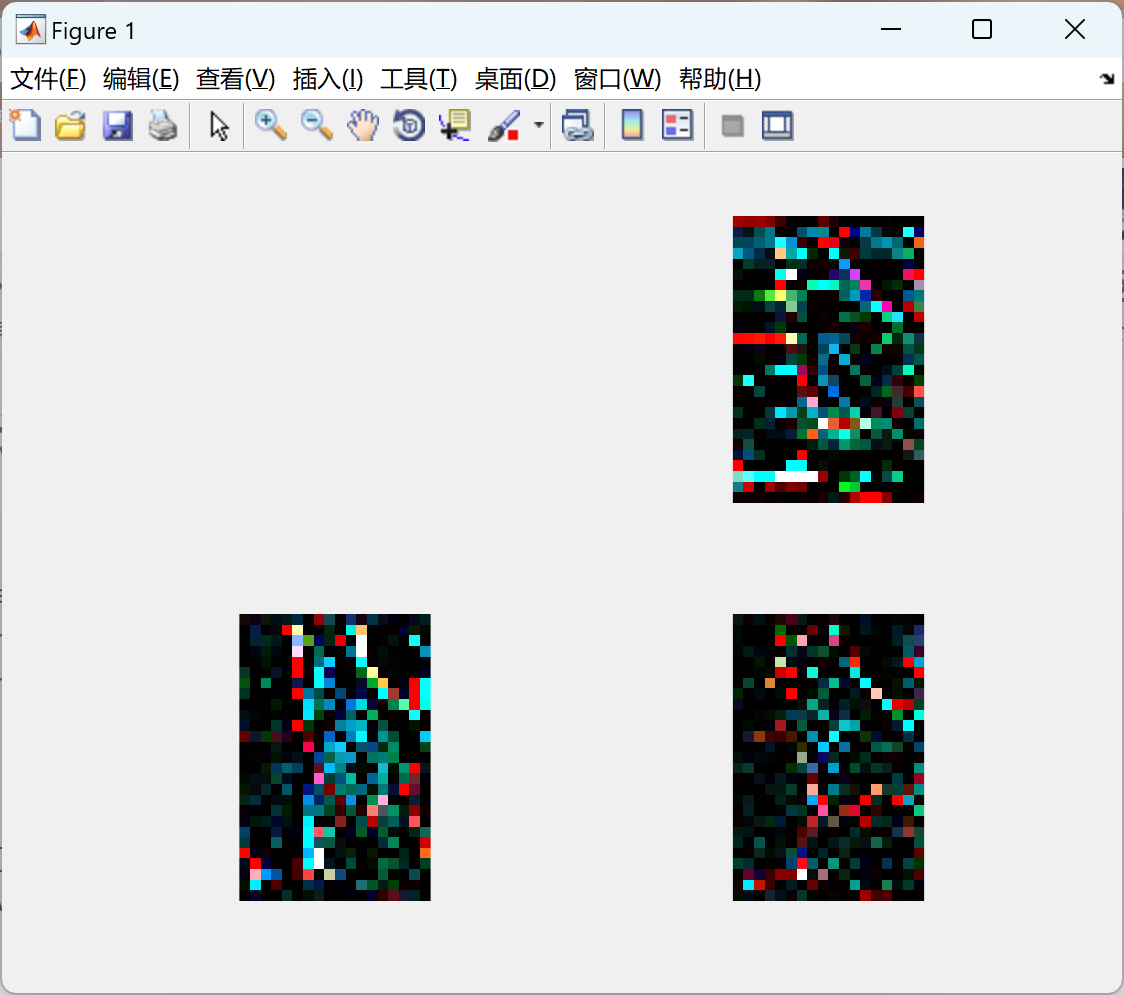
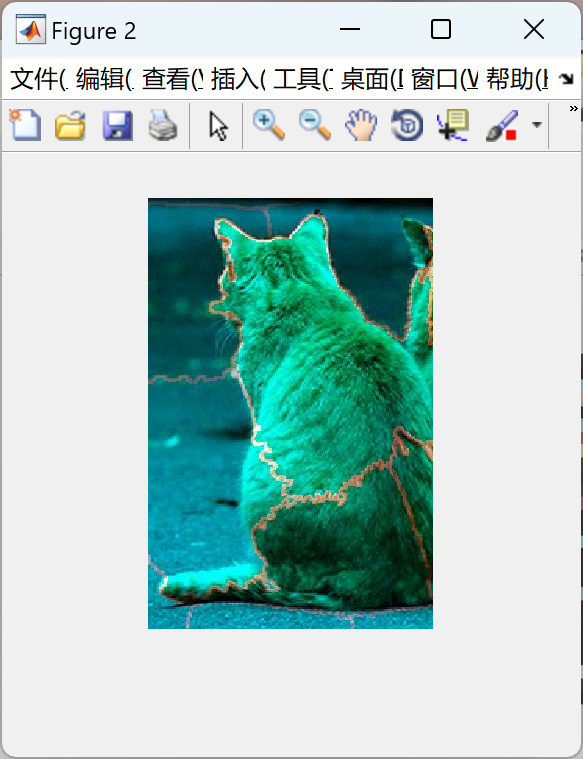
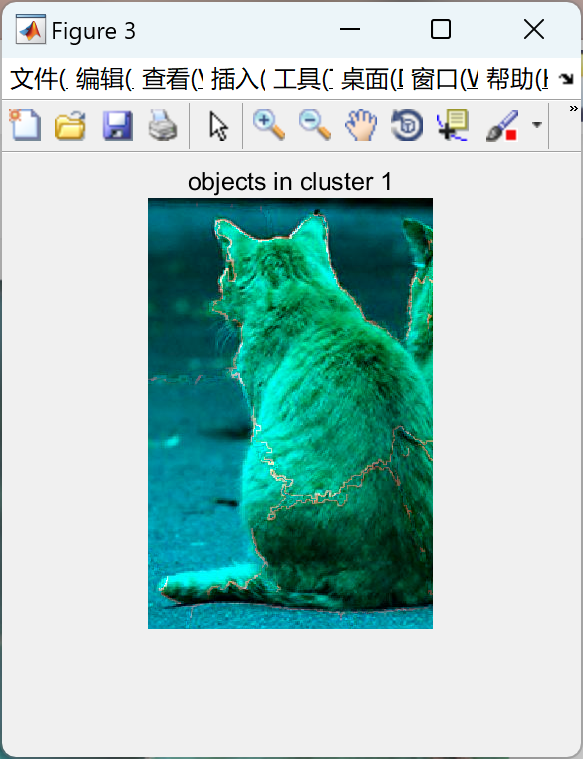
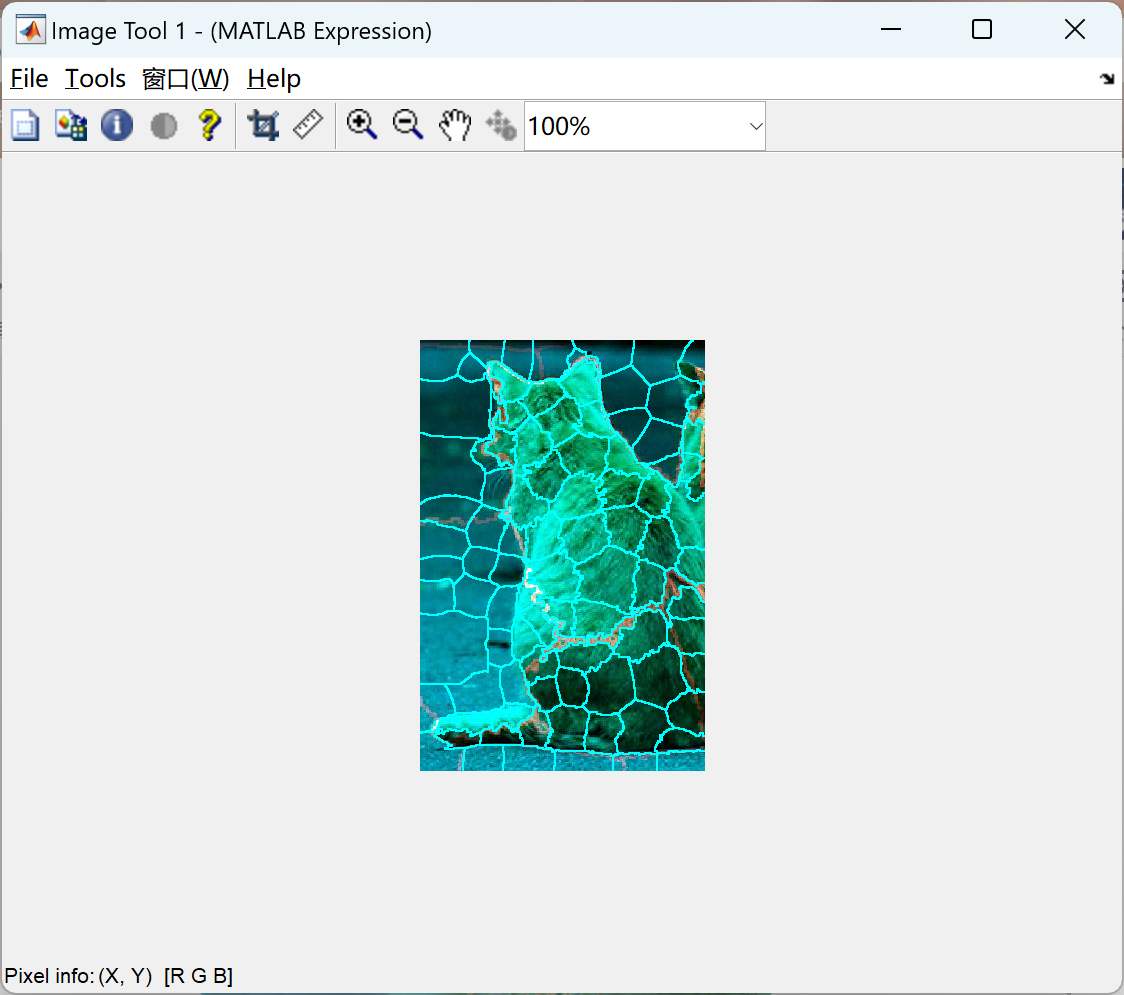
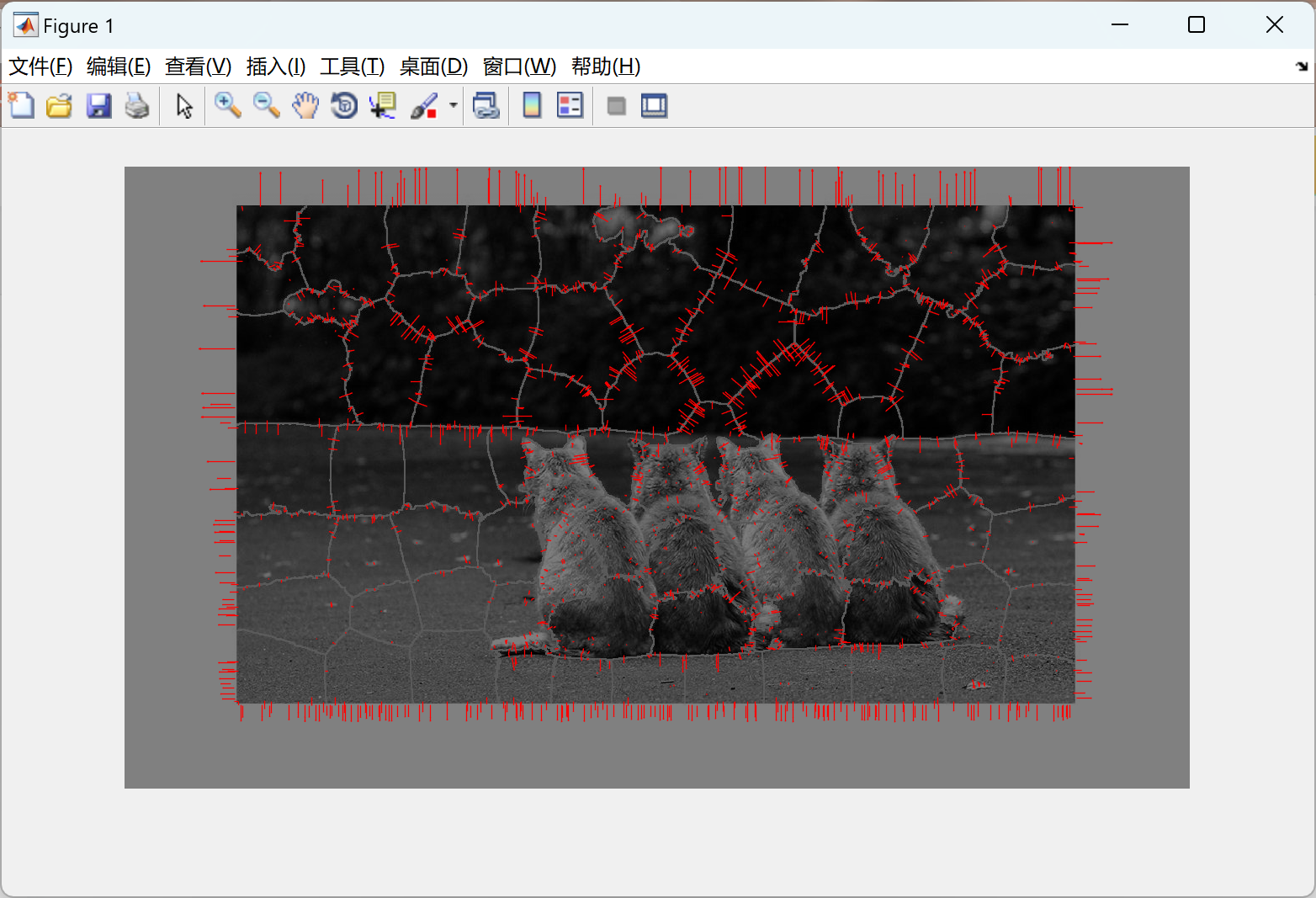

部分代码:
img = double(img)/255;
ScaleSpaceNum = 3; % number of scale space intervals
SigmaOrigin = 2^0.5; % default sigma
ScaleFactor = 2^(1/ScaleSpaceNum);
StackNum = ScaleSpaceNum + 3; % number of stacks = number of scale space intervals + 3
OctaveNum = 3;
GaussianFilterSize = 21;
🎉3 参考文献
文章中一些内容引自网络,会注明出处或引用为参考文献,难免有未尽之处,如有不妥,请随时联系删除。
[1]Ramu, Gonapalli, and S. B. G. Thilak Babu. “Image Forgery Detection for High Resolution Images Using SIFT and RANSAC Algorithm.” 2017 2nd International Conference on Communication and Electronics Systems (ICCES), IEEE, 2017, doi:10.1109/cesys.2017.8321205.



